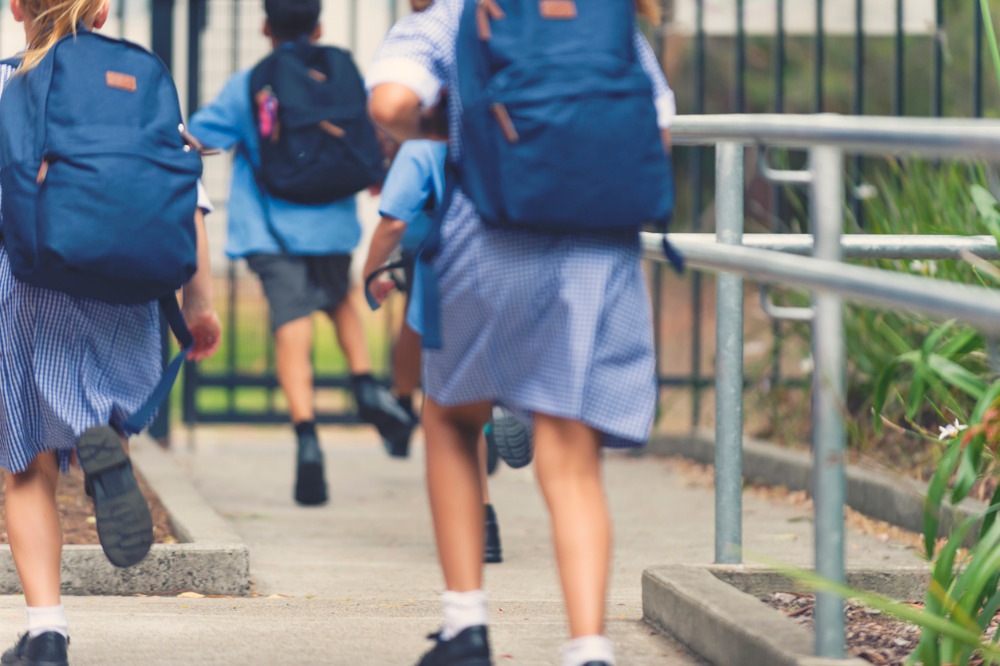
Australia’s peak teachers’ union has placed an immediate ban on the implementation of the Better and Fairer Schools Agreement, saying it will not be rolled out until all public schools have “a genuine pathway” to achieve the minimum 100% of the School Resourcing Standard (SRS).
The BFSA, announced in July, sets a target for participating jurisdictions that by 2030, the proportion of students leaving school with a Year 12 certificate will increase to 83.8% (by 2030), from 76.3% in 2022 – the highest rate of Year 12 certification ever achieved.
Other targets include lifting student attendance, NAPLAN outcomes, the engagement rate of initial teacher education students, and graduation rates of Aboriginal and Torres Strait Islander people.
However, the Australian Education Union says the reforms will not only shortchange public schools but will also increase the workload of an already overworked profession.
“The AEU Federal Executive has placed an immediate nation-wide ban on the implementation of the Better and Fairer Schools Agreement, particularly initiatives which are unfunded and that will increase the workload of the overstretched and under-resourced teaching profession,” AEU Federal President, Correna Haythorpe said.
“We cannot accept a reform agenda that will be rolled out from next year while the status of funding for NSW, VIC, QLD, SA and the ACT remains unclear and increasingly looks as if it will be status quo.”
‘This is a national issue’
Haythorpe said while claims of ‘full and fair funding’ have been made by the Albanese government, the AEU’s members in WA, NT and TAS “know that a deal which falls 4% short of 100% is not full and fair funding.”
“Further, the shift to a ten-year timeframe, means that public schools are now facing a prolonged pathway to 100%,” she said.
“The situation is untenable. In public schools today, we have chronic funding shortfalls, workforce shortages, increased workloads and students who need extra learning support.”
Haythorpe said the failure to properly fund Australia’s public schools impacts deeply on the teaching and learning conditions for teachers, education support staff and for students.
“As we issue this nationwide ban, we are once again renewing calls on the Albanese Government to urgently resume school funding negotiations with the state and territory governments to achieve five-year bilateral agreements which deliver the minimum 100% Schooling Resource Standard for all public schools,” Haythorpe said.


